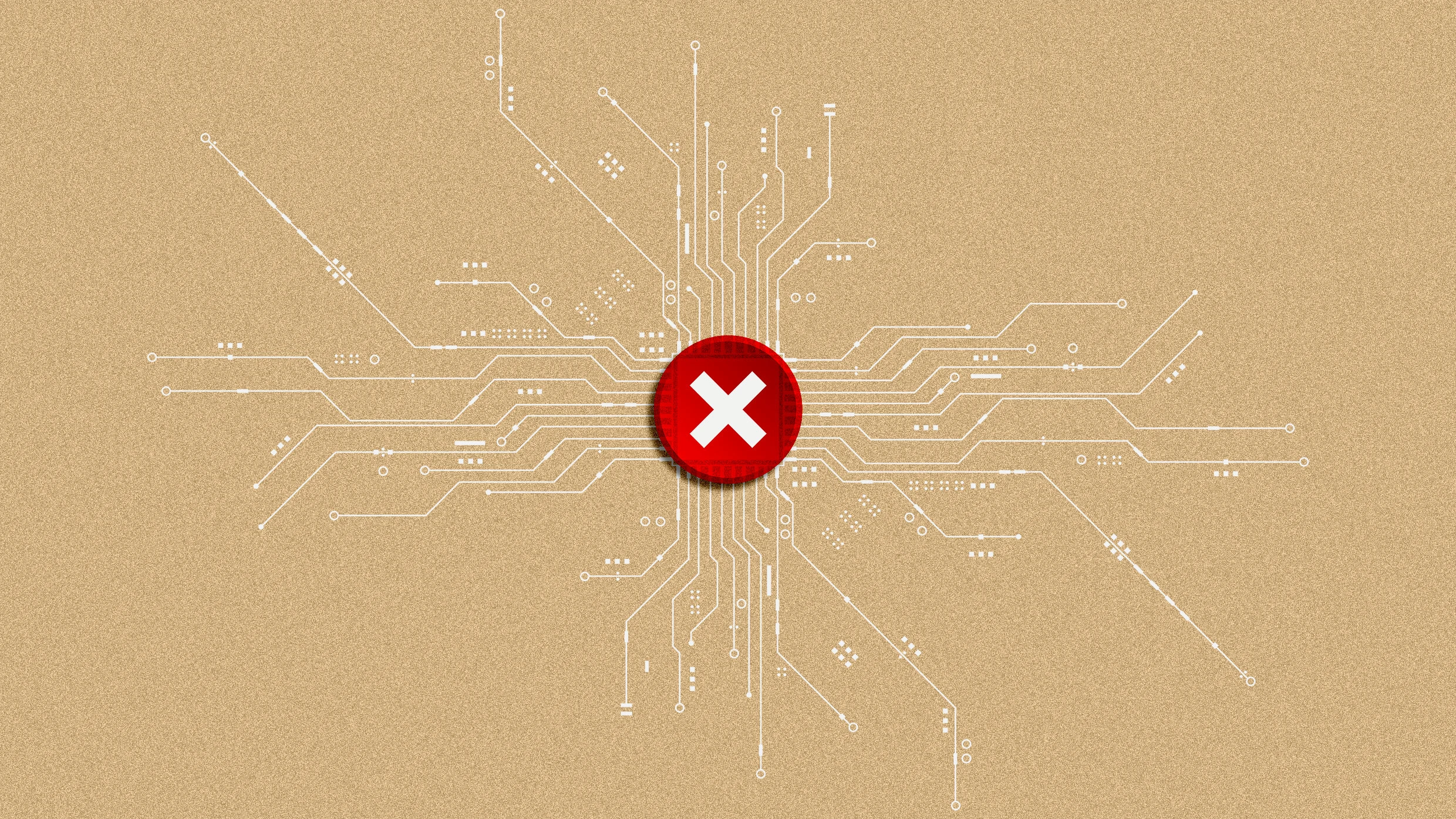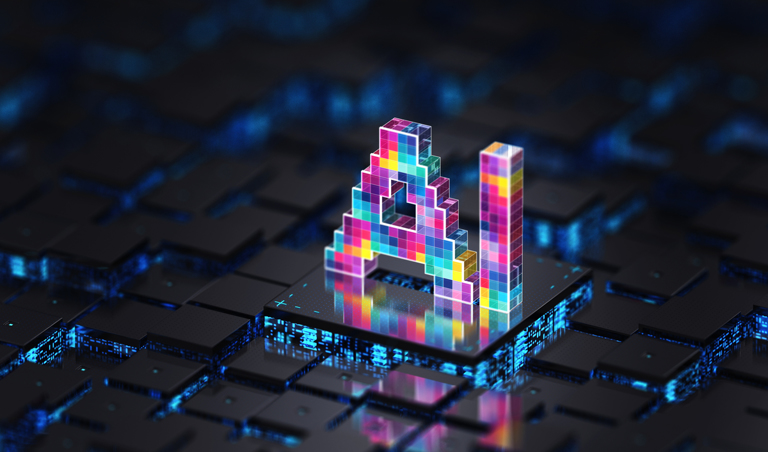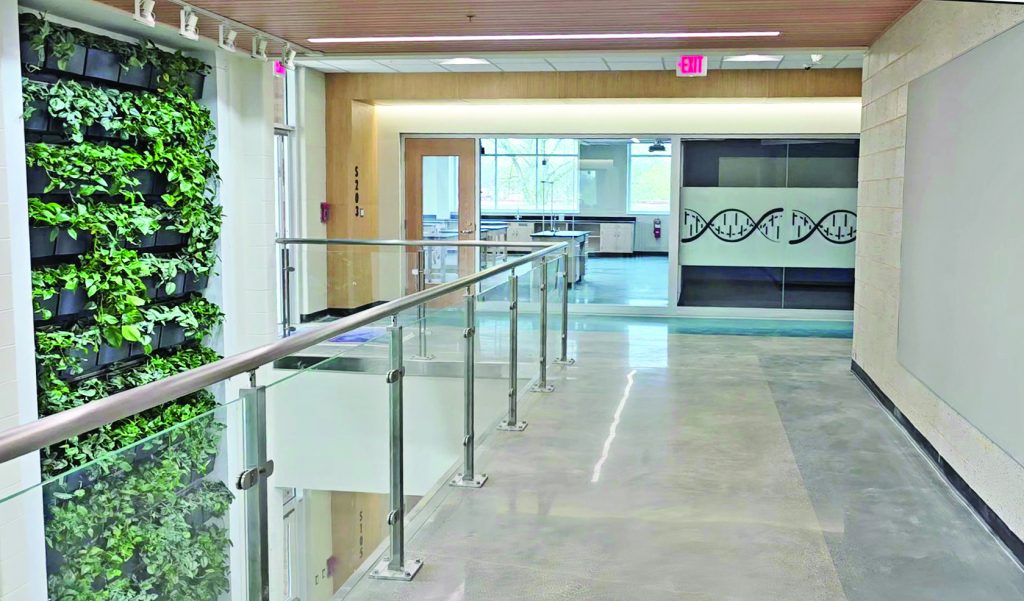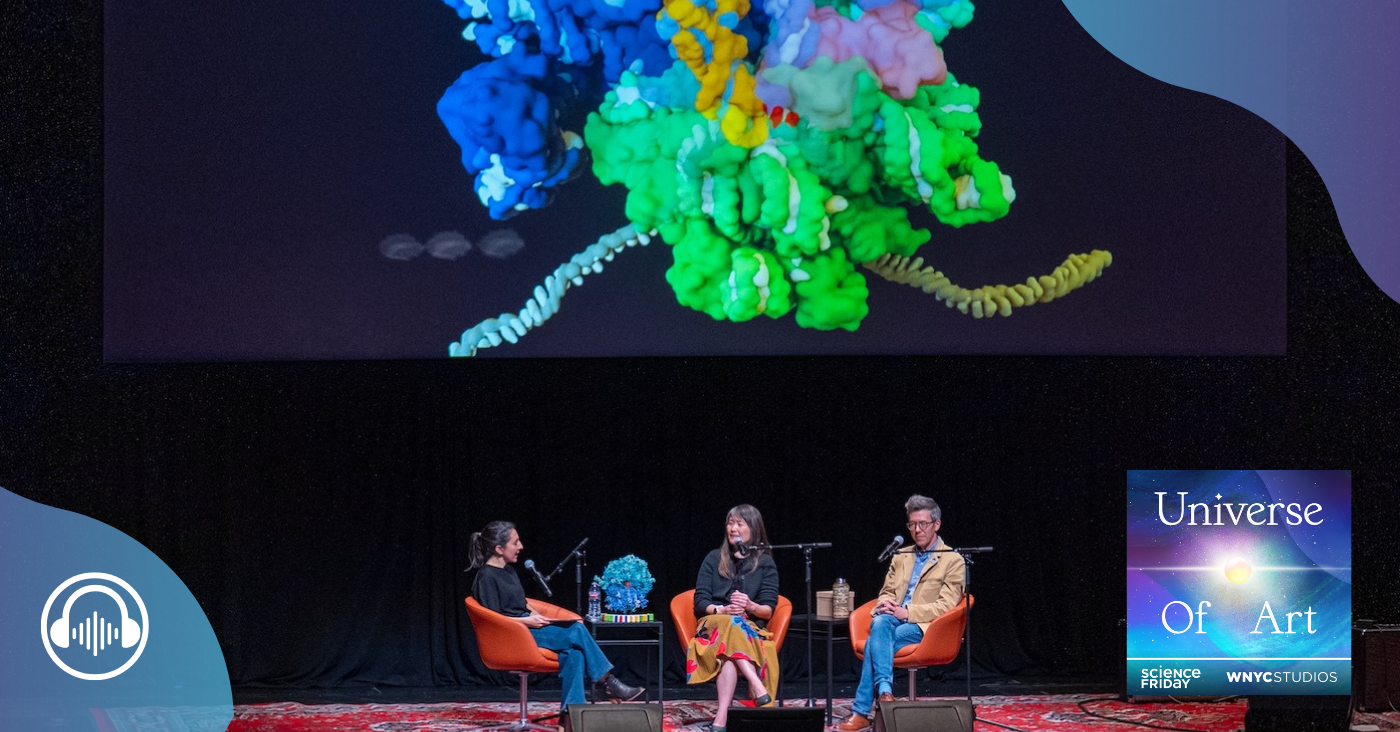
Three years into the rapid rise of artificial intelligence, the technology appears to be having a more profound impact on altering current jobs than on creating entirely new employment opportunities. Despite early expectations that AI would open the door to novel occupations, a growing body of evidence indicates that its primary influence has been to reshape and automate aspects of traditional roles.
In industries ranging from software development to customer service, employees are increasingly expected to utilize AI-powered tools to enhance efficiency and productivity. For instance, “prompt engineering” — once hailed as an emerging profession early in the AI surge — is now being absorbed into general job descriptions. Instead of standing alone as a unique role, prompt engineering is becoming just one of many skills expected of workers who use generative AI to perform tasks like copywriting, research, coding, or design.
The phenomenon underscores a broader trend: AI is acting as a facilitator of change within established career paths, often enhancing the workload for existing employees instead of generating a new workforce. Analysts suggest this represents a maturation of the AI industry as companies move from the experimental phase to widespread adoption.
Employment experts warn that while AI can reduce the need for repetitive tasks and boost productivity, it can also lead to job displacement, particularly in roles that are highly automatable. On the flip side, the integration of AI tools has the potential to elevate workers in creative and strategic positions by removing low-level drudgery and freeing up time for higher-order work.
Overall, as AI continues to evolve, its most significant socio-economic impact may lie not in the creation of jobs that didn’t previously exist, but in transforming how existing jobs are performed — demanding new skills, adapting job responsibilities, and redefining the nature of work in the process.
Source: https:// – Courtesy of the original publisher.








